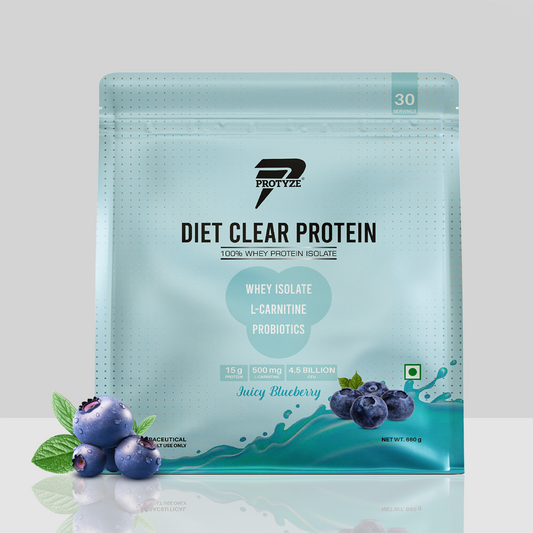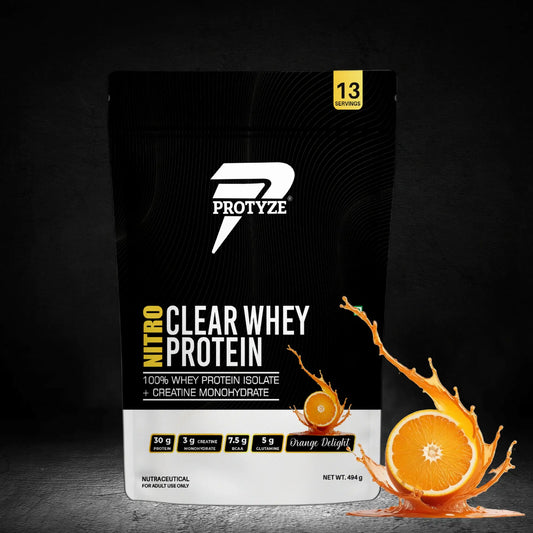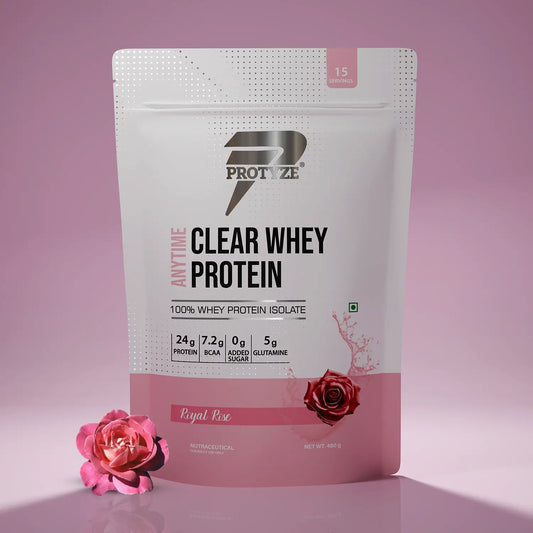Collagen is one of the most important proteins in the human body. It works as the building block for your skin, bones, muscles, tendons, ligaments, hair, nails, and even the walls of your blood vessels. If you imagine your body as a building, collagen is the cement that holds every structure together. Without enough collagen, your skin becomes loose, your joints hurt, your muscles weaken, and your hair becomes thin.
Even though your body naturally produces collagen, the production slows down with age, poor diet, stress, and lifestyle habits. That is why understanding collagen what it is, how it works, and how you can protect it matters for both your health and appearance.
This article breaks down collagen in a simple yet detailed style, covering its types, benefits, functions, and how to support it daily.
What Exactly Is Collagen?
Collagen is a structural protein made of amino acids, mainly:
- Glycine
- Proline
- Hydroxyproline
These amino acids come from the protein you eat. When your body gets enough protein, vitamins, and minerals, it produces collagen efficiently. But when your diet lacks nutrients or you live in a stressful or unhealthy environment, your collagen production drops.
Collagen forms strong, flexible fibers that support the body’s tissues. These fibers help your skin stay firm, your muscles recover faster, your joints stay cushioned, and your bones remain strong.
How Does the Body Produce Collagen?
Your body needs three major components to make collagen:
- Protein (Amino acids)
- Vitamin C
- Minerals like copper and zinc
When these nutrients come together, your body builds collagen naturally. If any of them are low especially protein or vitamin C collagen production instantly drops.
This is why maintaining daily protein intake is important. Lightweight, fast-absorbing protein sources like Protyze Anytime Clear Whey Protein can help supply amino acids that directly support collagen formation and muscle repair.
Why Collagen Decreases Over Time
Collagen levels drop by around 1–2% every year as you age. But lifestyle choices can make it worse. Factors that damage collagen include:
- High sugar and processed foods
- Excess sunlight
- Stress
- Lack of sleep
- Smoking
- Alcohol
- Low protein diet
When collagen declines, signs start showing up on your skin, joints, and overall energy levels:
- Wrinkles and fine lines
- Dry, loose skin
- Joint pain or stiffness
- Slow muscle recovery
- Brittle nails
- Hair fall
- Weak bones
This makes collagen one of the most essential proteins for long-term health.
Different Types of Collagen (Explained Simply)
There are almost 28 types of collagen, but five main types matter for your body. Each plays a unique role.
1. Type I Collagen – For Skin, Hair, Nails, Bones
This is the most abundant collagen in your body. Around 90% of all collagen is Type I.
It gives your skin its firmness, strength, and elasticity. It also strengthens bones, nails, and hair.
If your skin looks youthful and tight, thank Type I collagen. When it drops, wrinkles and sagging begin.
2. Type II Collagen – For Joints & Cartilage
Type II collagen supports cartilage the cushion between your bones. It helps joints move smoothly without pain.
If you’re an athlete, a runner, or someone with knee pain, this type is extremely important.
3. Type III Collagen – For Skin & Internal Organs
Type III works closely with Type I. It helps maintain the structure of:
- Skin
- Organs
- Blood vessels
It plays a big role in wound healing and elasticity.
4. Type IV Collagen – For Skin Layers
This collagen forms a thin sheet that supports the deeper layers of skin. It helps filter nutrients and keeps skin healthy from within.
5. Type V Collagen – For Eyes, Hair & Fertility
Type V collagen supports the cornea of the eye, the hair shaft, and reproductive tissues. It’s an underrated but essential collagen type.
What Does Collagen Actually Do? (Functions Explained)
Collagen is like the silent worker behind every part of your body’s strength and structure.
Let’s look at its main roles in detail:
1. Collagen Gives Skin Firmness and Youthfulness
Your skin’s smoothness, glow, tightness, and elasticity depend on collagen. When collagen breaks down:
- Wrinkles appear
- Skin sags
- Dry lines form
- Skin healing slows
Collagen acts like scaffolding that keeps everything lifted and strong.
2. Collagen Strengthens Your Joints
Joints rely on collagen-rich cartilage to move smoothly. When this cartilage reduces, bones rub against each other, causing pain and stiffness.
This is why aging often comes with joint discomfort.
3. Collagen Helps Build and Repair Muscle
Collagen is essential for muscle fibers. Whether you lift weights or simply stay active, collagen helps:
- Improve strength
- Repair muscle tears
- Reduce soreness
- Support movement
This makes it important for athletes, gym-goers, and even daily walkers.
4. Collagen Keeps Bones Strong and Flexible
Bones are not just made of calcium collagen is their structural framework. Think of collagen as the metal rods inside concrete. Without collagen, bones would become brittle and break easily.
5. Collagen Promotes Healthy Hair & Nails
Low collagen can cause:
- Hair thinning
- Hair breakage
- Weak nails
- Slow growth
Collagen provides the protein structure for strong, shiny hair and healthy nails.
6. Collagen Helps Digestion and Gut Health
The digestive tract lining contains collagen. Healthy collagen levels reduce inflammation and support smoother digestion.
This is why it’s linked to gut health and immunity.
7. Collagen Supports Your Heart and Blood Vessels
Your arteries and veins need collagen to stay flexible. Without enough collagen, they stiffen, increasing stress on the heart.
Benefits of Collagen (In Depth)
Collagen offers several major benefits that impact both appearance and internal health.
1. Better Skin Texture, Glow & Anti-Aging
Collagen improves:
- Elasticity
- Tightness
- Moisture
- Smoothness
This helps delay wrinkles and signs of aging.
2. Stronger Joints and Reduced Pain
Collagen restores cartilage and reduces friction between bones, making movement comfortable.
3. Faster Muscle Recovery & Performance
Collagen helps muscle fibers repair after workouts. If you train regularly, this becomes even more important. Getting enough protein daily is key for this, and options like Anytime Clear Whey Protein support muscle recovery while also naturally aiding collagen formation.
4. Promotes Healthy Hair and Nail Growth
Collagen strengthens the hair roots and boosts nail hardness and growth.
5. Improves Gut Strength and Immunity
By repairing the digestive lining, collagen supports nutrient absorption and overall gut health.
6. Stronger Bones
Collagen helps maintain bone density, especially as you age.
How to Boost Collagen Naturally
Collagen cannot be absorbed directly from foods, but your body can make it when you give it the right nutrients.
Here’s how to boost your collagen:
1. Increase Protein Intake
Your body needs amino acids to produce collagen.
Good sources include:
- Eggs
- Chicken
- Fish
- Lentils
- Whey protein
Light, refreshing protein sources like Protyze Clear Whey are ideal because they are fast-absorbing and help meet daily protein needs.
2. Include Vitamin C Every Day
Without Vitamin C, your body cannot form collagen. Add foods like:
- Oranges
- Berries
- Lemon
- Papaya
- Tomatoes
3. Eat Minerals like Zinc & Copper
Found in nuts, seeds, beans, and whole grains.
4. Avoid Collagen-Damaging Habits
- Too much sugar
- Smoking
- Alcohol
- Lack of sleep
- Sun damage
5. Stay Hydrated
Hydration keeps collagen fibers elastic and healthy.
Hydration-supporting drinks like Protyze Hydra Clear Whey Protein, which combines protein + electrolytes, help the body stay active while maintaining collagen health indirectly.
Conclusion
Collagen is much more than a beauty protein. It is a structural foundation your body relies on every single day. From your skin and joints to your bones, muscles, hair, nails, digestion, and even heart health collagen supports everything.
Understanding collagen and supporting your body with enough protein, vitamin C, hydration, and healthy lifestyle habits can slow collagen loss and keep you stronger for years.





